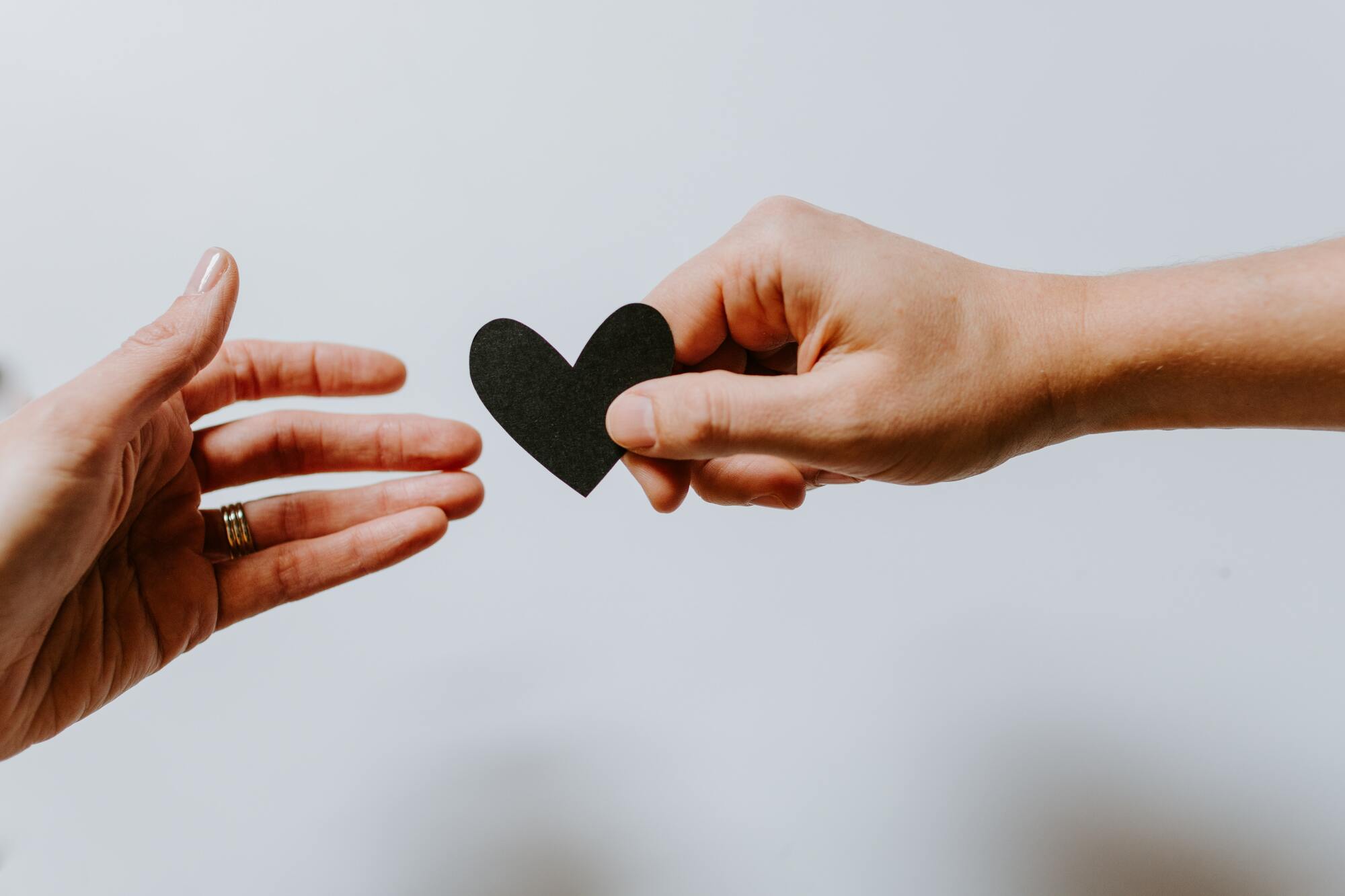Tackling bullying: tips for advisors working in schools
Carolanne Tremblay
The big question is: as adults working in the school system, how can we tackle bullying?
There are several ways to approach this topic. We may react to the events taking place or be pro-active in preventing them from happening. Personally, I prefer to deal with prevention of bullying. Let's be clear, we know that when young people see an adult coming, they change their behavior. It is rare, though very possible, to arrive quite quietly and catch a bully in full swing. That's why I promote prevention and raising awareness among students and other members of staff to change the climate in my school.
Our Role and Responsibilities
Advisors who work in schools have a key role to play in tackling bullying, as do all the adults around young people. We are the ones at the front line facing the enemy that is school bullying. But above seeing ourselves as school workers, let's first see ourselves as adults. As adults in our society in general, we must act as role models because the younger ones look up to us and they copy us. Let us also remember that young people are in school to learn. By learning, we mean much more than learning Mathematics and French. School is a society in miniature, rich in interaction and social learning. It is also our mandate to support young people in learning how to conduct harmonious, inclusive and pro-social relationships.
Our primary responsibility as an adult is to rely on openness and kindness in our interactions with young people. We are role models and young people, even if they would never admit it, tend to copy what they learn from us. We must therefore regularly evaluate how we interact. Young people notice our actions more than our words. All adults are entirely responsible as individuals for the role they play in relation to the healthy development of relationships between young people. We are all responsible for this ... but particularly those of us who work with them on a daily basis!
By developing healthy relationships with adults and young people around us, we encourage the latter to develop a relationship of trust with us. Once this link is established, it will be easier for them to open up, trust and listen to our advice. If they face a difficult situation with a school friend or are actually bullied, they will be more likely to go to the adult with whom they have the best relationship because they will be sure to be listened to. For advisors working in schools, the difficulty often lies in differentiating between bickering children and a situation of bullying, as adults often tend to downplay what young people tell them. Let us never question the feelings of a young person, for if he feels he is the victim of a situation and we do not listen to him, he may close up and refuse to talk about it with another adult. Our job is to welcome him, to listen to him and to ensure his safety so that this situation does not damage his psychological and physical development.
One of the most important things to do, the one thing that will have a bigger impact both individually and collectively, is to work on developing empathy, kindness and openness to the differences of others in all our young people. Firstly, by being an example of openness and a relationship model ourselves, but also by organizing activities inside or outside the classroom to promote empathy, putting into action positive interpersonal skills and helping our young people develop the skills to manage their emotions and moral compass, from nursery onward. I dare say, even from day-care (but here I am straying beyond my professional remit). By taking the position of constantly promoting inclusion for all, developing the capacity to put oneself in the place of another person, avoiding prejudices and hasty judgments, considering relationship worries and supporting young people to work together with a welcoming and open attitude, we will develop better relationship processes in our young people.
Preventing bullying
The creation of a caring environment is, in my opinion, an excellent way to prevent bullying in our schools and to develop better relationships among our young people. How does it work? It is both simple and complicated. Simple, because if everyone works to develop the same relationship skills and puts them into practice, it will be easy for young people to copy. Complicated because not everyone has the same values or the same way of viewing relationships. However, reinforcing respectful and caring behaviors, working for acceptance of individual differences, good citizenship, inclusion and solidarity helps tackle bullying in a more pro-active way. It is our responsibility to promote the pro-social behaviors, which are essential in developing healthy and harmonious relationships. It is an investment in the future - taking the time to support the emotional development of our young people and thus avoid bullying situations while fostering an altruistic community.
Do not forget to intervene
Without a doubt, prevention and awareness-raising are paramount when we talk about this issue. However, despite our good intentions to develop healthy relationships between young people, we will experience bullying situations (in our classroom, corridors, cafeteria, on the way to school, etc.). At these moments, nothing should be overlooked. First, we must end the situation by re-focusing the bully. Avoid apportioning blame, just state that what he is doing is bullying and that you want it to stop immediately! It is important to mention to the bully that it is not the way we interact with each other and that he is expected to be tolerant and respectful! In addition, we must remind school workers that how to behave as a group is ALSO a learning process. We must therefore see the behavior of the young bully as such and to help him re-establish or learn healthy and respectful ways of relating to others.
But let's not forget the victim. This may be the first time we've seen this young person being bullied, but it's certainly not the first time it has happened to him. Let's take the time to talk to him alone. Ask him questions, show our concern for him, ask him how he is, how he feels. Otherwise, he may feel abandoned and that is precisely what we want to avoid.
Let's remember that we must work together because our strength in union can tackle bullying!
To be continued...
Latest stories
Here’s what we've been up to recently.



